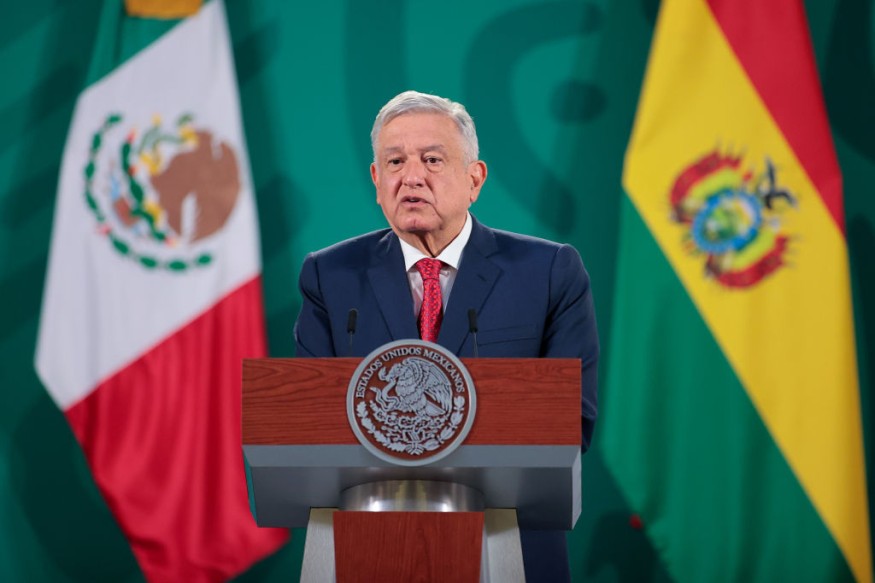Mexican President Says Mexico's Future is Coal Not Renewable Energy

Years after becoming one of the first countries to pass climate change legislation, embracing renewable energy, and weaning itself off fossil fuels, Mexican President Andrés Manuel López Obrador turned back the clock.
The recent move by the López Obrador administration has halted new renewable energy projects. The Mexican President also mocked wind farms as fans that blight the landscape and allocated money into state oil company Petroleos Mexicanos, which includes the $9 billion budget for the construction of a new refinery.
Last month, the Mexican President pushed the passing of a bill that requires the energy grid to prioritize getting power from state-run plants. The legislation put the energy grid fueled by a huge portion of crude oil and coal compared to the less expensive wind and solar energy before, Financial Times reported.
Environmentalists Raise Concerns
According to Los Angeles Times, environmentalists are concerned about the devotion of the Mexican president to fossil fuels and his rejection of clean energy at a time when the majority of countries set their sail towards cleaner energy. Environmentalists also warned Mexico for not reaching its emission reduction commitments under the Paris Agreement.
Business leaders are alarmed about the possible rise in energy cost because coal and gas cost twice as much as wind and solar. Experts also stated that the policies of the Mexican President are rooted less in climate change denialism and more in nationalism and nostalgia.
In addition, López Obrador is playing on the proud history of the country as a powerhouse of fossil fuel. The Mexican President grew up in the oil-rich state of Tabasco after former President Lázaro Cárdenas expropriated the assets of foreign energy companies that were operating in Mexico and nationalized the oil reserves and mineral wealth of the country. For several decades, the state-owned oil company known as 'Pemex.' was the main economic driver for the Mexican economy.
Meanwhile, in 2013, the then-President Enrique Peña Nieto pushed reform in the constitution, which ended the state monopoly. It also opened up the oil and energy sector of Mexico to private companies. A competitive bidding process prompted by the reform drove the costs for natural gas and renewable energy to drop to some of the lowest prices globally.
However, the Mexican president has accused the foreign-owned companies of stealing market share away from Pemex and the Federal Electricity Commission, the state's electric company.
Furthermore, an energy expert at the U.S.-based think tank Inter-American Dialogue, Lisa Viscidi, stated that the president's goal is to return their monopolies by bringing the energy sector under the control of the state. She also said that the López Obrador administration is willing to achieve the goal, even if it means promoting dirtier fossil fuels and contributing more carbon emissions. Viscidi also stated that all of the things had been sacrificed for the goal of energy sovereignty.
On the other hand, it was not a long time ago that Mexico has been lauded as the global leader in battling against climate change. In 2017, Mexico also joined a coalition of governments committed to phased out coal-fired electricity by 2030. The country is also the first to develop the nation to submit its plan to lower emissions under the Paris agreement and fir in Latin America to ratify the historic accord, The Guardian reported.
RELATED ARTICLE : Ecuador and Peru Continue Their Election Amid COVID-19 Crisis
WATCH: Mexico electricity: President signs off on controversial energy bill - Al Jazeera English
Subscribe to Latin Post!
Sign up for our free newsletter for the Latest coverage!
© 2025 Latin Post. All rights reserved. Do not reproduce without permission.

















